"I'M JUST A soul trapped in this circuitry.” The haunting lyrics resonate, accompanied by the soulful strumming of an acoustic guitar. Yet, there's no human hand behind the music. In a mere 15 seconds, this evocative blues piece, titled "Soul of the Machine," was crafted by Suno, a pioneering startup pushing the boundaries of AI-generated music. Collaborating with OpenAI's ChatGPT, Suno's latest AI model conjures melodies and lyrics from simple text prompts, like "solo acoustic Mississippi Delta blues about a sad AI."
Suno's headquarters, nestled near Harvard in Cambridge, Massachusetts, buzzes with excitement as their latest creation fills the room. There's a sense of awe mingled with unease among the team witnessing the power of their creation. This is V3, their newest model, set to revolutionize the music industry upon its imminent release.
Generative AI has made significant strides in text and imagery, but music has remained a challenge. Suno aims to change that, envisioning a future where music creation is democratized on a global scale. Mikey Shulman, one of Suno's charismatic co-founders, dreams of a billion people worldwide using Suno to craft their own songs, bridging the gap between music creators and listeners.
But Suno's journey is just beginning. Founded by a team of machine-learning experts, including musicians like Shulman and Martin Camacho, the startup emerged from their shared passion for exploring the untapped potential of AI in audio.
Initially, Suno's foray into AI began with Bark, a text-to-speech program. However, user feedback revealed a demand for music generation, leading Suno to delve deeper into AI-driven music creation.
While Suno's approach mirrors large language models like ChatGPT, adapting it to music presents unique challenges. Audio, with its continuous waveform, demands innovative solutions to compress vast amounts of data into manageable segments. Suno's model learns from recordings of speech, enhancing its ability to produce convincing human vocals.
Despite potential legal challenges from music labels, Suno remains committed to respecting artists and intellectual property. Their tool prohibits the replication of specific artists' styles and voices, emphasizing creativity over replication.
Investors like Antonio Rodriguez recognize Suno's transformative potential, likening it to a musical instrument accessible to all. With ambitions to surpass Spotify's user base, Suno aims to empower individuals to become creators in a world inundated with content consumers.
Yet, concerns linger regarding the impact on traditional music industries, particularly in advertising and media production. However, Suno's founders reassure that their goal is not to replace artists but to inspire greater musical engagement.
As Suno prepares to expand, including the construction of a recording studio, the competition looms, notably Google's Dream Track. However, Suno remains confident in its vision of a future where AI-driven music creation unlocks boundless creative possibilities, transcending the limitations of existing art forms.

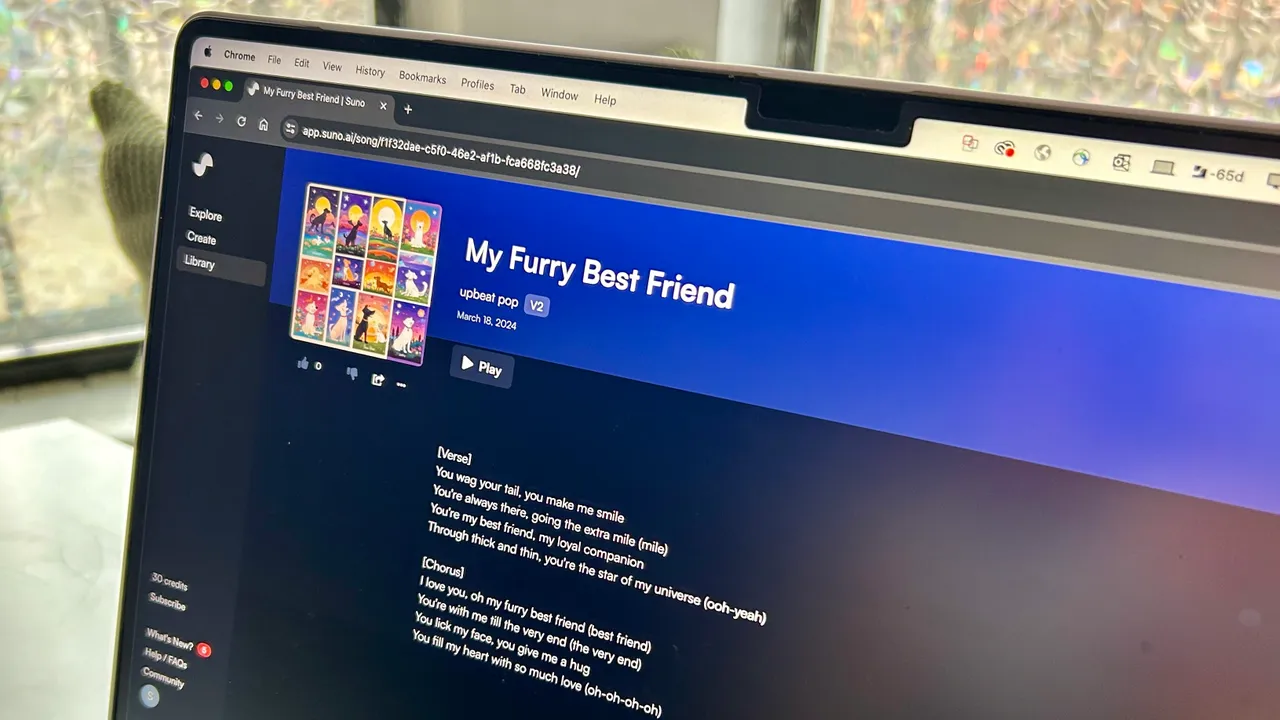









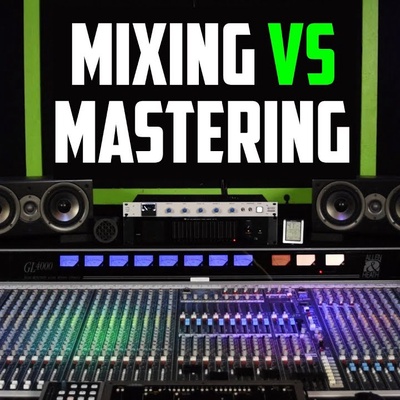

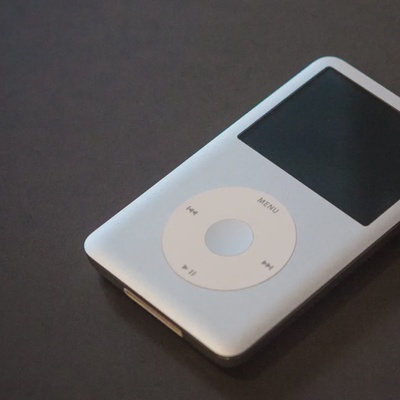
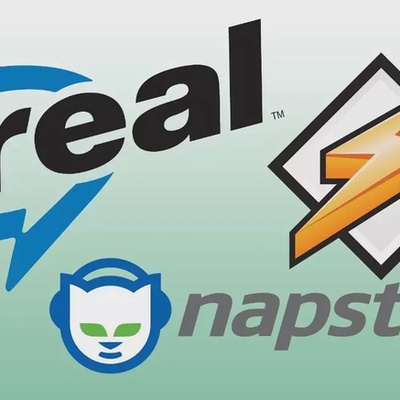

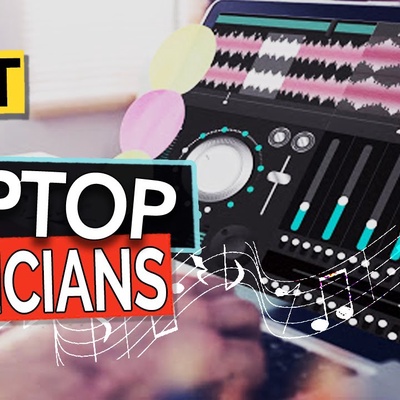

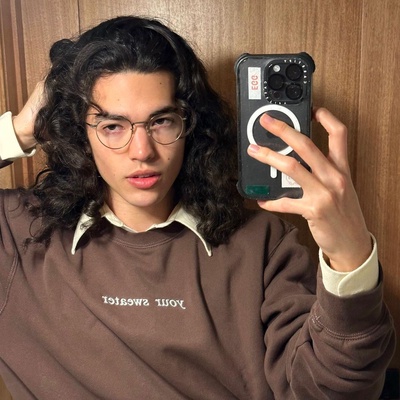
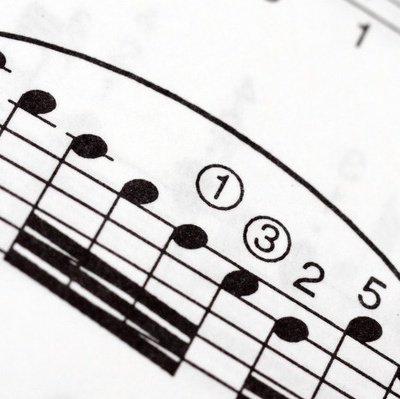

Comments (1)